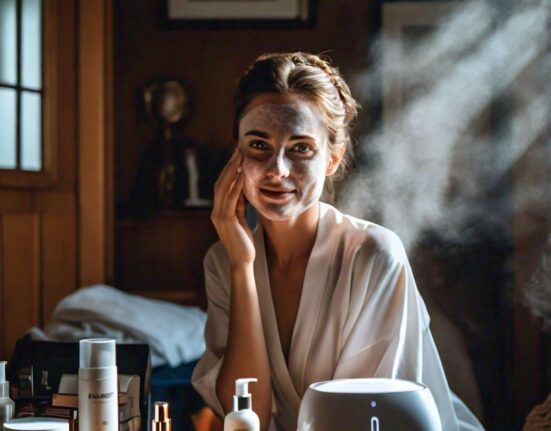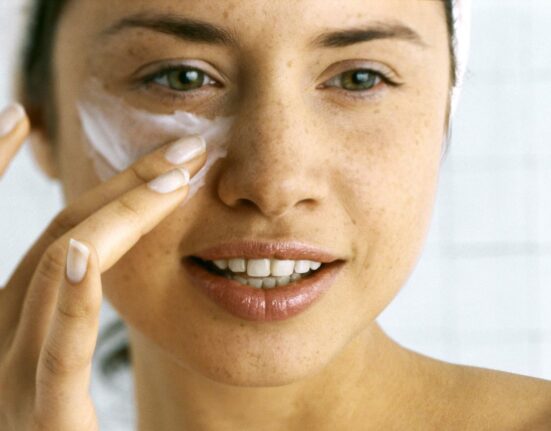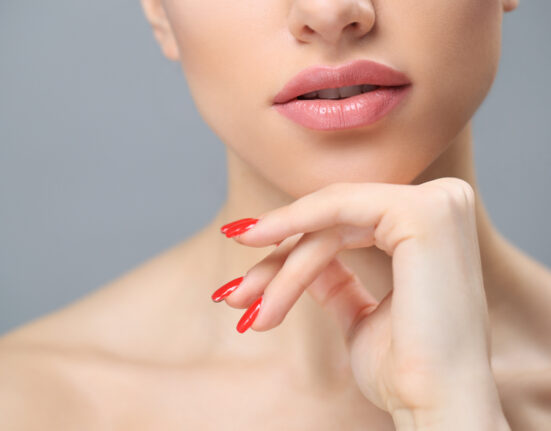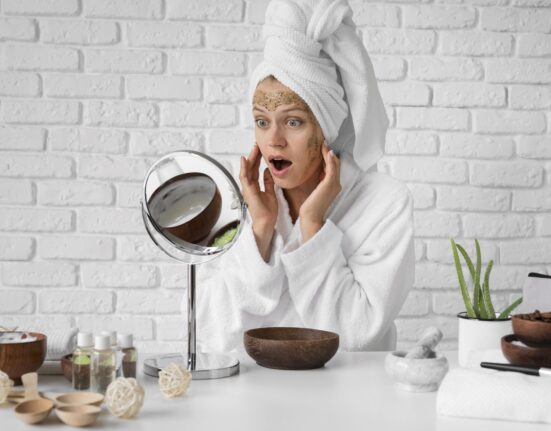Introduction Acne Skin Care
Acne, the persistent bane of our existence, affects millions of people worldwide. It doesn’t discriminate, targeting teenagers and adults alike. The good news is that you can effectively manage acne with a dedicated and consistent at-home skincare routine. In this comprehensive guide, we’ll walk you through the steps to create your very own acne skincare routine at home
Understanding Acne
Before we dive into the specifics of creating an acne skincare routine at home, it’s essential to understand what acne is and what causes it.
Types of Acne
Acne isn’t a one-size-fits-all condition. There are different types of acne, each with its own characteristics:
Whiteheads: Closed clogged pores that appear as small, white bumps on the skin.
Blackheads: Open clogged pores that look like dark spots on the skin.
Papules: Small, red, and inflamed bumps.
Pustules: Similar to papules but contain pus at their tips.
Cysts: Large, painful, and pus-filled lumps beneath the skin’s surface.
Nodules: Hard, painful lumps under the skin caused by deep clogs.
What Causes Acne?
Acne is a complex skin condition, and its causes can vary from person to person. However, some common factors include:
Excess Sebum Production: The skin’s natural oil, sebum, can become overproduced, leading to clogged pores.
Bacterial Growth: The presence of Propionibacterium acnes (P. acnes) bacteria on the skin can exacerbate acne.
Hormonal Changes: Fluctuations in hormones, particularly during puberty, menstruation, and pregnancy, can trigger acne.
Diet: Some studies suggest a link between certain foods and acne, such as high-glycemic-index foods and dairy products.
Genetics: If your parents had acne, you might be more prone to it.
Stress: Chronic stress can worsen acne due to its impact on hormone levels.
Cosmetics: Some makeup and skincare products can clog pores and cause breakouts.
Now that we have a basic understanding of acne, let’s move on to the core of our guide: creating an effective at-home acne skin care routine.
The Importance of a Consistent Routine for Acne Skin Care
Achieving clear skin isn’t a one-time effort. It requires consistency and dedication. Several factors can influence acne, and some are beyond your control.
The Role of Genetics
While you can’t change your genetics, understanding your family’s history of acne can help you anticipate your susceptibility to it. If your parents or siblings had acne, it’s more likely that you might also experience it.
Hormonal Factors
Hormonal fluctuations, such as those occurring during puberty or menstruation, can trigger or exacerbate acne. These hormonal changes can lead to increased sebum production and clogged pores. Although you can’t prevent these natural hormonal shifts, you can manage their effects through a consistent skincare routine.
Diet and Acne
Your diet can influence your skin’s health. Some individuals may find that certain foods trigger acne breakouts. While research on the link between diet and acne is ongoing, it’s advisable to be mindful of your food choices and their potential impact on your skin.
Now that you understand the factors influencing acne, let’s move on to building your at-home acne skin care routine.
Building Your At-Home Acne Skin Care Routine
An effective acne skin care routine involves multiple steps that work together to target the root causes of acne. Here’s a step-by-step guide to creating your routine:
Step 1: Cleansing
A gentle and effective cleanser is the foundation of any skincare routine. Look for a cleanser that is:
Non-comedogenic: This means it won’t clog your pores.
Sulfate-free: Sulfates can be harsh on the skin and strip away natural oils.
pH-balanced: A balanced pH helps maintain the skin’s natural protective barrier.
Use your cleanser twice daily, in the morning and evening, to remove dirt, excess oil, and makeup. Avoid scrubbing your face vigorously, as this can irritate the skin and worsen acne.
Step 2: Exfoliation
Exfoliation is essential for removing dead skin cells that can clog pores and contribute to acne. However, it’s crucial to be gentle with exfoliation, especially if you have sensitive skin. There are two types of exfoliation: physical and chemical.
Physical exfoliation involves using a scrub or brush to physically remove dead skin cells. Be cautious not to overdo it, as excessive scrubbing can irritate the skin.
Chemical exfoliation involves the use of exfoliating acids like salicylic acid or glycolic acid. These acids dissolve dead skin cells and can penetrate deep into pores. Start with a lower concentration and gradually increase it as your skin tolerates it.
Exfoliate your skin 1-2 times a week to avoid over-exfoliation, which can lead to irritation and redness.
Step 3: Treatment Acne Skin Care
This step is where you target acne specifically. The choice of treatment depends on the type and severity of your acne:
Benzoyl Peroxide: Effective against inflammatory acne, benzoyl peroxide kills P. acnes bacteria and helps unclog pores. Start with a lower concentration to avoid excessive dryness and irritation.
Salicylic Acid: Ideal for treating blackheads and whiteheads, salicylic acid exfoliates inside the pores, helping to prevent clogs.
Topical Retinoids: Prescription-strength retinoids like tretinoin can be highly effective in treating acne. They promote cell turnover and prevent the formation of new clogs. Consult a dermatologist for a prescription.
Natural Remedies: Some natural ingredients like tea tree oil and aloe vera have anti-inflammatory properties that may help with acne. However, their effectiveness varies from person to person.
Apply your chosen treatment after cleansing and exfoliating, typically in the evening. Start with a lower frequency and adjust as your skin adapts.
Step 4: Moisturizing
Even if you have oily skin, moisturizing is essential. Look for a lightweight, non-comedogenic moisturizer. Moisturizing helps maintain your skin’s moisture balance and prevents excessive dryness, which can lead to increased oil production















Leave feedback about this